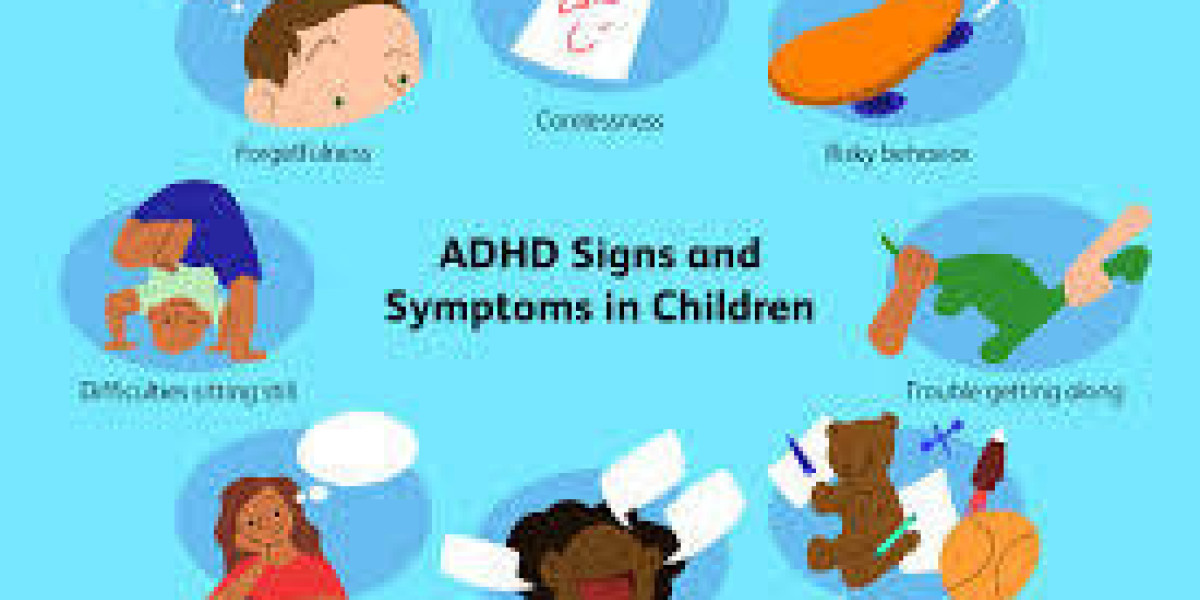Support groups play a vital role in the lives of individuals with Attention-Deficit/Hyperactivity Disorder (ADHD), offering a range of benefits that can significantly improve their quality of life. From emotional support to practical advice, these groups provide a valuable network for sharing experiences and strategies. This article explores the numerous benefits of support groups for individuals with ADHD, highlighting how they can enhance personal well-being and facilitate effective management of ADHD symptoms.
Understanding ADHD Support Groups
Support groups for ADHD are designed to provide a communal space where individuals with ADHD, their families, and caregivers can connect and share their experiences. These groups can be in-person or virtual and often focus on specific symptoms of ADHD, such as coping strategies, emotional support, or educational resources.
Types of Support Groups
Peer Support Groups:
These groups consist of individuals with ADHD who come together to share experiences and provide mutual support.
Family Support Groups:
These groups focus on supporting the families and caregivers of individuals with ADHD, offering guidance on managing symptoms and providing effective support.
Professional-Led Groups:
Led by mental health professionals or ADHD coaches, these groups provide structured support and expert advice on managing ADHD.
Emotional Support and Validation
One of the primary benefits of support groups is the emotional support and validation they offer:
Shared Experiences
Understanding and Empathy:
Members of support groups often share similar experiences and challenges, leading to a deep sense of understanding and empathy.
Validation of Feelings:
Being in a group with others who face similar struggles can validate feelings and experiences, reducing feelings of isolation and self-doubt.
Reduced Stigma
Breaking Isolation:
Support groups help individuals realize they are not alone in their struggles, which can diminish feelings of isolation and loneliness.
Normalizing Experiences:
Sharing experiences with others who understand can normalize the challenges of ADHD and reduce the stigma associated with the disorder.
Practical Advice and Strategies
Support groups offer practical advice and strategies that can help individuals with ADHD manage their symptoms more effectively:
Coping Strategies
Behavioral Techniques:
Members often share effective behavioral techniques for managing symptoms, such as time management, organization, and emotional regulation.
Productivity Tips:
Group members exchange tips on improving productivity, such as using reminders, setting goals, and breaking tasks into manageable steps.
Resource Sharing
Tools and Apps:
Support groups frequently share recommendations for tools and apps designed to assist with ADHD management, such as organizational apps or habit trackers.
Books and Articles:
Members may recommend helpful books, articles, and other resources that provide valuable information and insights about ADHD.
Building a Support Network
Creating a strong support network is another significant benefit of participating in a support group:
Networking Opportunities
Connecting with Others:
Support groups provide opportunities to connect with others who understand the unique challenges of ADHD, fostering relationships and friendships.
Collaborative Problem-Solving:
Networking with others can lead to collaborative problem-solving, where members work together to address common challenges and find solutions.
Access to Professional Help
Expert Advice:
Many support groups are led by professionals who offer expert advice and guidance on managing ADHD.
Referrals and Recommendations:
Members may receive referrals to additional resources, such as therapists, coaches, or support services, enhancing their overall support system.
Enhancing Self-Esteem and Confidence
Participating in a support group can contribute to improved self-esteem and confidence for individuals with ADHD:
Personal Growth
Skill Development:
Engaging in group discussions and activities can help individuals develop new skills and strategies for managing ADHD, leading to personal growth.
Achievement Recognition:
Sharing successes and progress with group members can boost self-esteem and reinforce a sense of accomplishment.
Positive Reinforcement
Encouragement and Support:
Support groups offer positive reinforcement and encouragement, helping individuals feel more confident in their ability to manage ADHD symptoms.
Celebrating Milestones:
Recognizing and celebrating milestones and achievements with group members can enhance motivation and self-confidence.
Educational Opportunities
Support groups often provide educational opportunities that can increase knowledge and understanding of ADHD:
Learning from Experts
Workshops and Seminars:
Many support groups host workshops and seminars led by experts in ADHD, offering valuable information on various aspects of the disorder.
Q&A Sessions:
Opportunities for Q&A with professionals can provide answers to specific questions and concerns about managing ADHD.
Staying Informed
Current Research:
Support groups often share updates on the latest research and advancements in ADHD treatment and management.
Best Practices:
Members learn about best practices and evidence-based approaches for managing ADHD, improving their overall approach to treatment and self-care.
Fostering Resilience and Coping Skills
Support groups help individuals develop resilience and coping skills to navigate the challenges of ADHD:
Developing Resilience
Facing Challenges Together:
Sharing experiences and coping strategies with others can build resilience and provide a sense of solidarity in facing challenges.
Encouraging Persistence:
Support from group members can encourage persistence and determination in managing ADHD medication and pursuing personal goals.
Learning Coping Mechanisms
Stress Management:
Support groups often discuss stress management techniques and coping mechanisms to help individuals handle the pressures of daily life.
Emotional Regulation:
Members share strategies for emotional regulation and self-care, promoting overall well-being and resilience.
Conclusion
Support groups offer a range of benefits for individuals with ADHD, including emotional support, practical advice, and opportunities for personal growth. By providing a space for shared experiences, practical strategies, and educational resources, support groups can significantly enhance the management of ADHD symptoms and improve overall quality of life. Engaging in a support group fosters a sense of community, builds resilience, and provides valuable tools for navigating the challenges of ADHD. For individuals with ADHD seeking connection and support, joining a support group can be a transformative and empowering experience.








